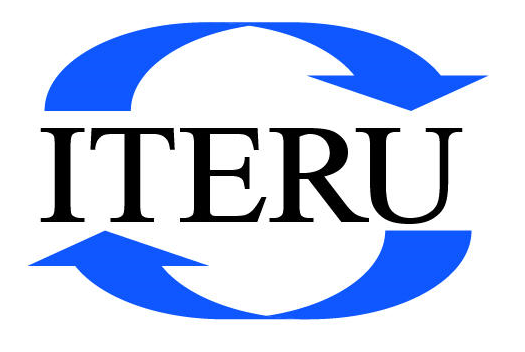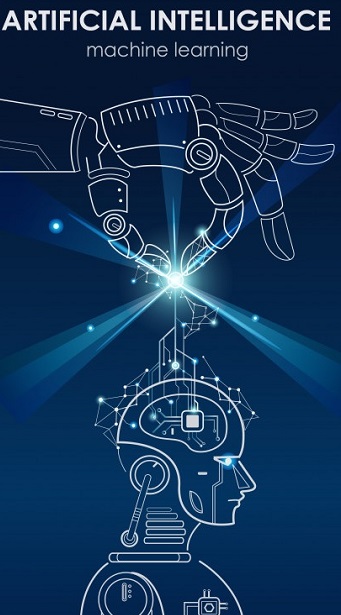The Challenge Of AI
Iteru has the solution
AI Today
AI found great success and is widely used in some applications, for instance in sentiment analysis applied to marketing and advertisement. Success of AI depends on the accuracy requirements of an application and the quality of data. Sentiment analysis has a modest accuracy of 68% and relies on data of simple formats. In other applications like drug discovery, AI accuracy should be more than 90% in spite of dealing with the extremely complex and messy biomedical data. The casual and cavalier approach of feeding such data to an AI algorithm, expecting accurate results is futile. In addition to the appropriate choice of AI algorithm solutions should be formulated to address complications created by the messy data. There are many applications that need similar approach.
AI hype and reality
Artificial intelligence, Deep Learning, Machine Learning and cognitive computing are the buzzwords of the moment that generate lots of excitement. The hype around AI has led to the impression that AI can solve everything. This is far from reality. Reports started to emerge about AI failures or its inability to solve some problems. In many cases the failures are due to unrealistic expectations and the way AI algorithms are applied. The recipe for successful AI implementation with high degree of accuracy is as follows:
The Recipe For Success
The recipe for successful AI implementation with high degree of accuracy is as follows:
- Put the data directly into the hands of domain experts: in many applications, like drug discovery, biomedical data is very complex. The only people that understand its intricacies and entanglements are the pharma domain experts.
- Hide the complexity of data and algorithms.
- Select data based on the objective of analysis. If the objective of analysis is cancer, AI should be applied to related data. Data covering other diseases, for instance, tropical disease, pulmonary disease, etc. should be filtered out.
- Cleanse the data. Biased and dirty data impacts accuracy. If the target accuracy is low there may be no need for data cleansing. If the target accuracy is high (80% – 95%), one has to select the relevant data and then apply extensive cleansing.
Key Barriers To The Widespread Adoption Of AI
The main barriers to the wide adoption of AI are as follows:
- Accuracy is less than that required for an application.
- Data complexity.
- Messy and poor quality of data compounded by lack of effective tools to cleanse it.
- Extraneous and irrelevant data lead to bias in the results..
- Lack of talent that can mine the data, select and optimize AI algorithms.




